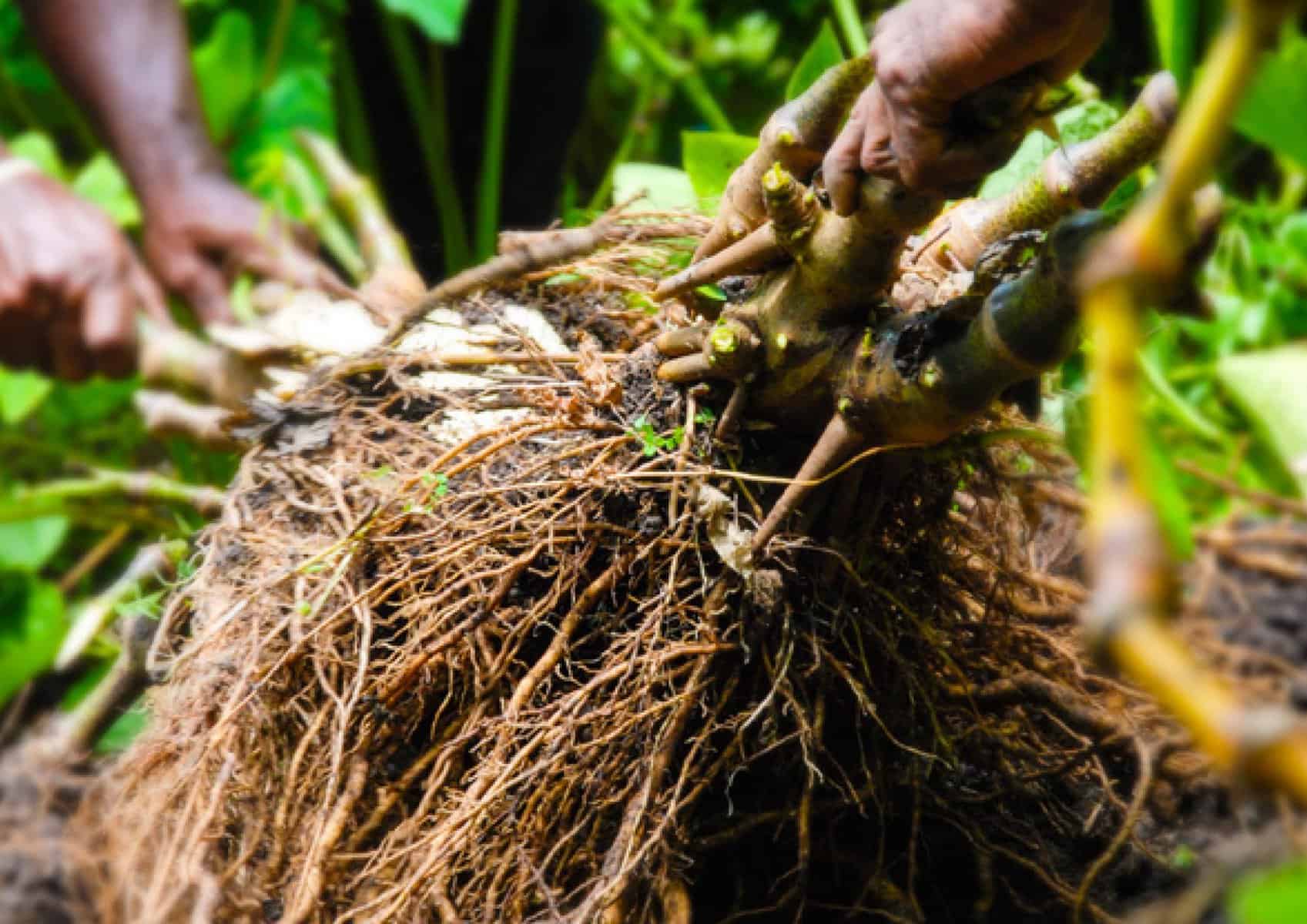Tongan Princess Angelika Lātūfuipeka Tuku’aho has issued a passionate call for the protection of kava’s cultural and economic value at the launch of the Regional Kava Development Strategy on Wednesday, emphasising that the plant is not just a product but a vital part of Pacific identity and heritage.
“Kava is more than just a plant — it is the lifeblood of many Pacific Island cultures, a symbol of unity, peace, heritage, and tradition,” Princess Angelika declared in her keynote address.
“It has been cultivated and revered for millennia, used in ceremonies that mark the most important moments in our lives. It brings people together, fostering dialogue and understanding, and embodies the essence of what we call the ‘Pacific Way.”
The Princess warned of a growing trend of cultural misappropriation by foreign companies and individuals who seek to commercialise kava without respecting its deep cultural origins.
“These efforts to profit from kava often strip away the sacred and communal aspects that are central to its use in Pacific Island cultures, reducing it to a mere commodity,” she said.
“This is not just a threat to the economic integrity of our kava industry—it is a threat to our cultural heritage.”
To counter this, the newly launched Regional Kava Development Strategy aims to protect kava’s cultural significance while promoting its economic potential. The strategy includes a key collaboration with the World Intellectual Property Organisation (WIPO) to secure Geographical Indications (GI) status for kava, which would recognise and protect its unique quality and origin on the global market.
“Geographical Indications will ensure that kava produced in the Pacific Islands is recognised and protected globally for its distinct quality and origin, preventing misuse and misrepresentation by external entities,” Princess Angelika explained.
“This effort aligns with our goal to protect and promote kava as an integral part of our cultural heritage, while also enhancing its market value.”
While the strategy aims to secure kava’s cultural and economic future, Princess Angelika stressed the importance of finding a balance between preserving tradition and embracing innovation.
“As the kava industry evolves, with products like extracts gaining popularity, we must promote a balanced approach that honours the rich heritage of kava while exploring its potential in new markets,” she said.
“Innovation should enhance, not diminish, the cultural significance of kava for future generations.”
The strategy sets out key goals to standardise kava quality across the region, ensuring products meet international standards while promoting sustainable farming practices. It also seeks to enhance market access and foster regional collaboration, enabling Pacific producers to share knowledge, resources, and best practices.
“This strategy is built on sustainability, inclusivity, and respect for tradition,” she added. “It is a roadmap to a future where our kava industry thrives, not just economically but as a vital part of our cultural identity.”
Princess Angelika voiced concerns about external entities’ growing attempts to commercialise kava without proper acknowledgment or respect for its cultural origins.
“Reducing kava to a commodity strips away the sacred and communal aspects that make it unique and valuable to our people,” she said.
“The rituals, stories, and values that surround kava are integral to its identity; separating kava from these contexts diminishes its meaning and value.”
The Princess highlighted the importance of collaboration with WIPO in applying for Geographical Indications status, a step she described as “important” for safeguarding kava’s value.
“This will ensure that the benefits of kava’s growing global demand remain with the communities that have cultivated and cherished this plant for centuries,” she said.
Princess Angelika’s address also celebrated the deep cultural significance of kava, recalling its mythological origins and its role in binding communities together.
“In the Kingdom of Tonga, kava is much more than a beverage,” she said. “Our kava ceremonies honour guests, settle disputes, and mark significant occasions. They are practices steeped in respect, following time-honoured protocols passed down through generations.”
The Princess recounted the story of the first kava plant, which grew from the grave of a young woman named Kava, sacrificed by her parents during a famine to demonstrate loyalty to their king.
“From this act of sacrifice, kava became a symbol of peace and prosperity, a gift from the divine that continues to bless our land and our people,” she explained.
“As we launch this Regional Kava Development Strategy, we are not just talking about economic opportunities; we are committing to safeguarding the cultural heritage that kava represents.”
Her Royal Highness also called to honour the heritage of kava while ensuring its sustainable development.
“As we seek to grow and prosper, we must never forget the cultural roots that give kava its true value,” she urged.
“Kava ceremonies are more than just rituals; they are a way of life, teaching us about respect, community, and the importance of maintaining our traditions in the face of change.”
The launch event ended with a traditional Tongan dance, the milolua lakalaka, symbolising the balance of strength and grace — qualities that are also essential in the cultivation and consumption of kava.
“Just as the milolua dance brings to life the stories of our ancestors, this strategy breathes new life into the traditions that have sustained our people for generations,2 Princess Angelika said.
“Let us work together to build a future where the rich heritage of kava continues to thrive for the benefit of our communities and the prosperity of our region.”
Her Royal Highness officially launched the Pacific Regional Kava Development Strategy, marking a new chapter for the kava industry across the Pacific
